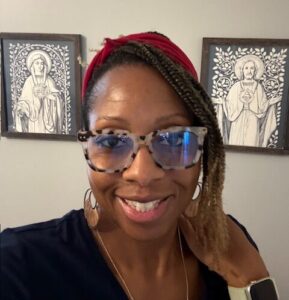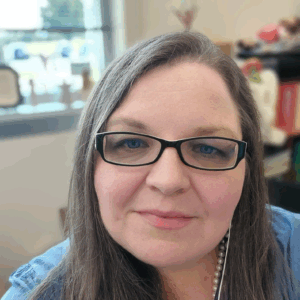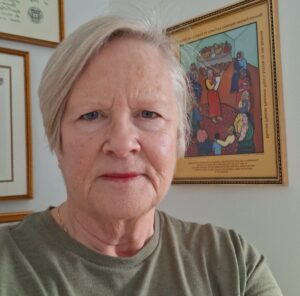Co-responsible in the synodal project of peacemaking

The following text is excerpted from a reflection originally offered on the Third Sunday in Ordinary Time at St. Joseph Parish in Seattle, WA. You can listen to the full reflection here.
Jesus walked the earth during a time when there was a lot of Messianic fervor among his fellow Jews. Living under the boot of the Roman Empire in modern-day Israel-Palestine, many Jews anxiously awaited the coming of a Messiah who would deliver them from their plight of occupation and subservience to a brutal empire, just as God had delivered the Israelites from Egypt. And so, in the Gospel, when Jesus sets about proclaiming the kingdom of God to be at hand—when he happened upon Simon and Andrew fishing and called upon them to follow him—his pronouncements fell upon the ears of a people for whom the possibility of deliverance felt urgent.
This past October, I had the incredible privilege of spending five weeks in Rome, bearing witness to the Synod of Bishops that took place there, which, for the first time in our church’s history, included among its voting members the laity—women and men, vowed religious, parents, college students, parish administrators, university professors and theologians—as well as non-bishop clergy, such as priests, and a single Roman Catholic permanent deacon.
It was also in those early days of the Synod that the Israel-Hamas war erupted. Against this backdrop, as I heard story after story of synod delegates experiencing true conversion—the turning of their hearts toward one another—through encounter, something started to crystallize for me: synodality is a project of peacemaking. When Pope Francis was appointing people to the synod, he appointed his friends, yes, but also his biggest critics, because what he was interested in doing was getting all of the sides of a polarized Church in the room to sit with each other and have a transformational experience of encounter. The Catholic Church didn’t just invent this way of being together—women religious have been carrying out similar processes for centuries, and many native communities have similar practices—but it is remarkable that an institution as far-reaching and as powerful as the Catholic Church is seeking to operationalize such a process, such that every level of decision making throughout the Church is informed by encounters with the faithful of all stripes. And I can’t help but think that in a world as polarized and violent as ours, if we Catholics—all 1.36 billion of us—got just a bit better at staying with each other through our differences and disagreements long enough to see one another’s humanity and for a new way forward to emerge…I can’t help but think that that would matter, not just to Catholics, but to our entire human family. That’s what synodality is about.
At this moment in church history, we are seeing a huge shift toward embracing what Pope Francis likes to call co-responsibility. In this way of being church, all of the baptized are co-responsible for the Church’s mission, and part of the work of synod is to ask how our structures can facilitate that co-responsibility, born of our shared baptismal dignity. The possibility of a Church where power flows through structures of co-responsibility? That is a sign of hope for me.
So my invitation to you today is to take seriously your call to co-responsibility. The Synod is not over. Dioceses across the U.S. are being asked by the USCCB to hold listening sessions between now and April. Discerning Deacons will also be organizing people to contribute, particularly around the active discernment about women deacons. I encourage each and every one of you to exercise your baptismal co-responsibility by engaging with the Synod in the months ahead of us.
What is your dream for the Church? What is God’s dream for you? How could you step into more of your own power and agency to bring about those dreams?
Here’s the thing: to me, the hope in today’s readings isn’t that God intervenes; it’s that God asks us to be a part of that intervention.
The time is now! The Kingdom is at hand! Like Jesus, we, too, are living in urgent times, and our participation matters. Your participation matters, in the particular ways you are being called to be fishers and contributors. It’s time for us to drop the nets that keep us tangled in our limiting stories of passivity and business-as-usual powerlessness and to follow Jesus as co-responsible protagonists on the road to the reign of God.

Anna Robertson
Anna Robertson is on the team at Discerning Deacons as Director of Distributed Organizing.


